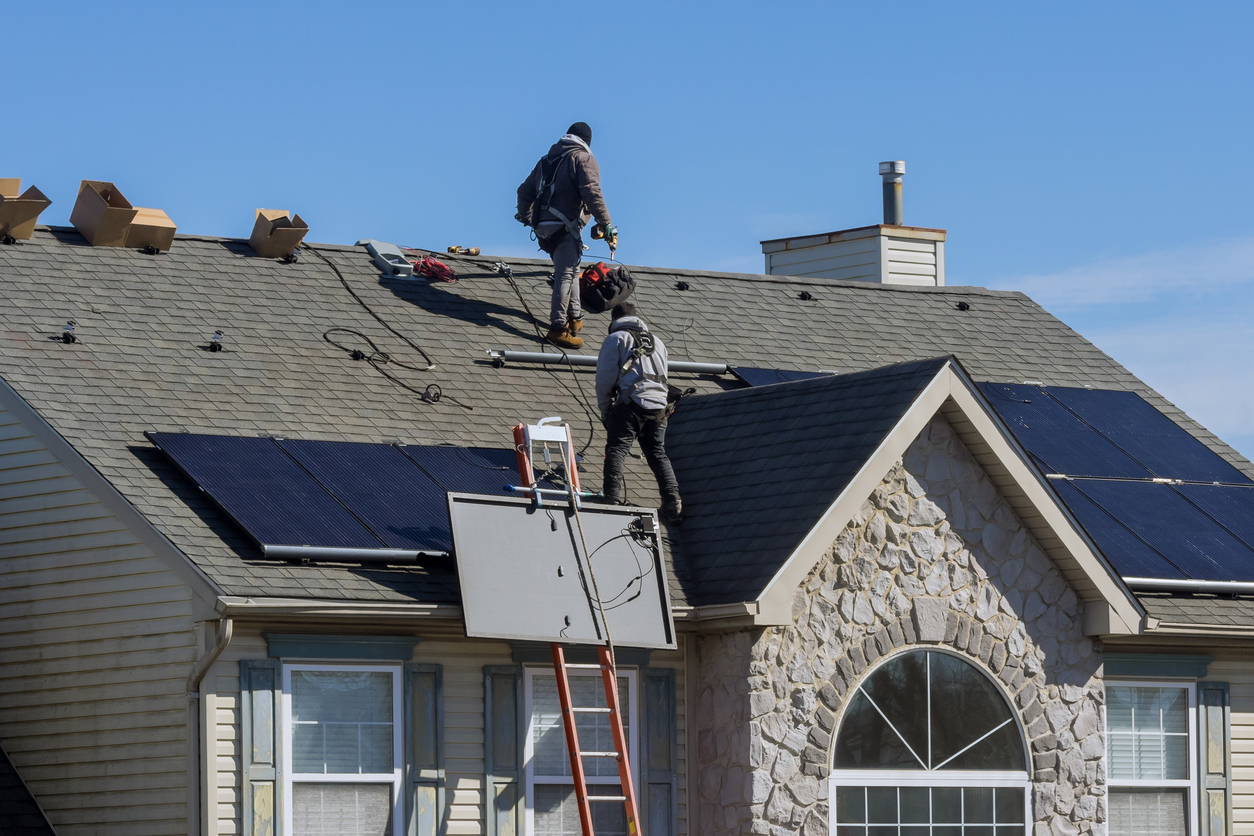- Home
- Practice Areas
- Litigation
- Adverse Possession
- Breach of Fiduciary Duty
- Business & Corporate Disputes
- Co-Counsel
- Commercial Litigation
- Construction Change Orders
- Construction Defects
- Contract Disputes
- Copyright & Trademark Infringement
- Evictions
- Failed Home Inspections
- General Civil Litigation
- Landlord Tenant Disputes
- Latent Defects
- Mechanic’s Liens
- Non-Compete Agreements
- Partition Actions
- Partnership Disputes
- Post-Judgment Collections
- Probate
- Quiet Title Actions
- Shareholder Agreement Disputes
- Business Law
- Asset Purchases
- Business & Corporate Disputes
- Business & Corporate Formation
- Business Outside In-House Counsel
- Business Sales & Purchases
- Buy-Sell Agreements
- Business Succession Planning
- Commercial Debt Collections
- Commercial Leases
- Commercial Litigation
- Commercial Real Estate
- Commercial Transactions
- Contract Disputes
- Contract Drafting
- Copyrights & Trademarks
- Corporate Bankruptcy
- Dissolution Actions
- Franchise & Dealership Law
- General Business Law
- General Partnerships
- Limited Liability Companies
- Limited Partnerships
- Mergers & Acquisitions
- Non-Compete Agreements
- Partnership Disputes
- Post-Judgment Collections
- Promissory Notes
- Shareholder Agreements
- Startups #GAStartupLawyer
- Sweepstakes & Prize Contests
- Real Estate Law
- Adverse Possession
- Commercial Leases
- Commercial Real Estate
- Construction Change Orders
- Construction Defects
- Contract Disputes
- Deed Drafting
- Evictions
- Failed Home Inspections
- HOA & COA
- Landlord Tenant Disputes
- Latent Defects
- Lease Purchases
- Mechanic’s Liens
- Partition Actions
- Promissory Notes
- Quiet Title Actions
- Seller Financing
- Short Sales
- Estate Planning
- Litigation
- Our Team
- Testimonials
- Blog
- Contact
- Contact Us
- Call Us: 678-882-0830


Sometimes a solar panel contract does save you money and help the environment; however, the increased popularity of solar power has also allowed unscrupulous sales practices to flourish in the industry. The first line of defense to avoid becoming the victim of a scam is to familiarize yourself with common signs of solar panel fraud or deception. Understanding your legal options as a party to a problematic solar panel contract is an equally important second line of defense.
Common Signs of a Solar Panel Scam
- “Too good to be true” price. The adage “if it seems too good to be true, it probably is” applies. Paying far below market cost or getting solar panels for free sounds great – but these “exceptional deals” almost always require the buyer to sign a long-term power agreement that can prevent the homeowner from selling the home without incurring a significant penalty.
- Door-to-door and seminar sales. Both types of sales are psychological sales approaches. At home, a potential buyer is relaxed and feels like the salesperson is an old friend. At a seminar, the speaker gets the entire audience riled up and excited about solar energy, hoping to cash in on the mob mentality philosophy.
- Promises and guarantees. If a salesperson tells you solar panels are guaranteed to pay for themselves or makes promises about future savings, it is likely a scam. Numerous factors can impact how much a consumer will save using solar energy, making promises and guarantees impossible to ethically make. Companies may also make it hard to file solar panel warranty claims.
Can I Get Out of a Solar Panel Contract?
If you have already signed a contract for solar panels and regretted it the moment the salesperson left, there is good news. In Georgia, a consumer has three business days to cancel certain types of contracts, including most solar panel contracts entered into at the consumer’s home or at a seminar. You may have longer to cancel the contract and/or be entitled to compensation if the solar panel company used fraudulent, misleading, or deceptive sales practices to entice you to sign the contract.
Speak to an Experienced Georgia Solar Panel Attorney Today
If you are concerned about the solar panel contract you signed, contact an experienced Georgia solar power attorney to discuss your legal options by calling 678-882-0830.
Have a Question?
Have a legal question about Solar Panel Fraud? Call us at (678) 882-0830.
© 2025 Thrift McLemore. All Rights Reserved.














